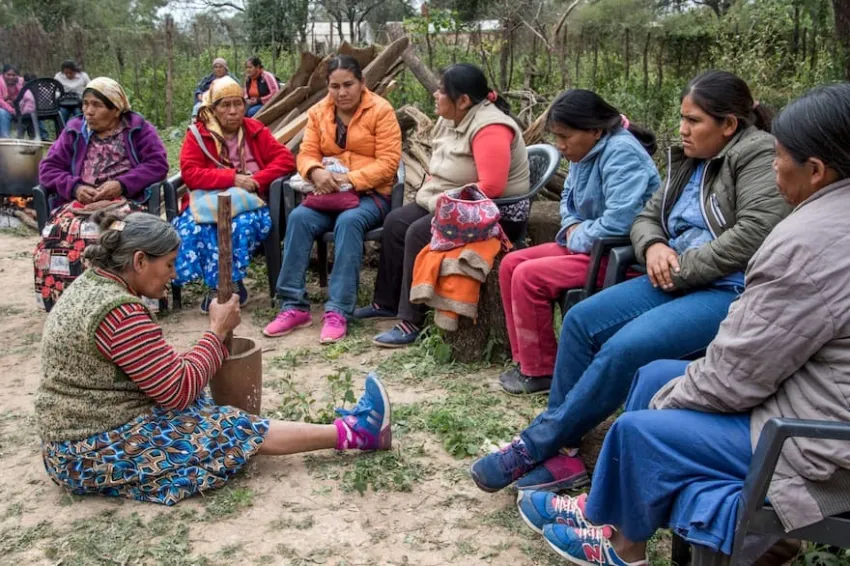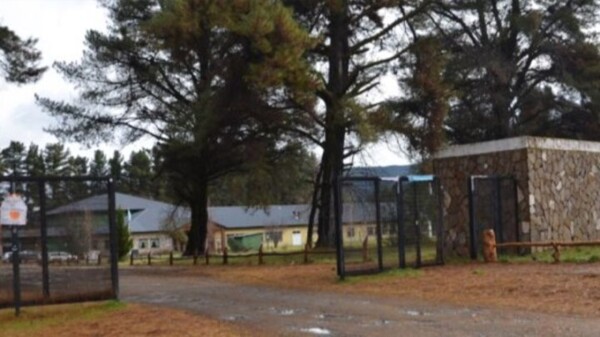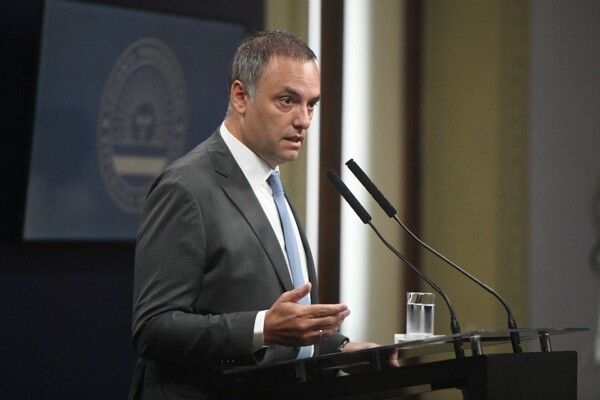
The National Institute of Indigenous Affairs (INAI) revoked the permit that granted a Qom community the right to inhabit a territory in the town of Makallé, province of Chaco. This decision is part of a series of actions by Javier Milei's government that have been denounced as a systematic attack on the rights of indigenous peoples.
Specifically, the conflict erupted when a private individual, Mariel Luisa Crespo, claimed to be a co-owner of a portion of the territory occupied by the Qom community. The INAI decided not only to revoke the habitation permit but also to refer the case to the Chaco authorities for appropriate measures to be taken.
The repeal of the Indigenous Territorial Emergency Law, enacted in 2006, was a turning point in this governmental offensive. Organizations such as the Human Rights Observatory of Indigenous Peoples (ODHPI) warn that the repeal of this law could increase evictions and weaken the protection of ancestral territories against the advance of extractive industries.
The elimination of this law was justified on the grounds of simplifying regulations, although it has left indigenous communities in greater vulnerability. Along with the repeal of the law, support programs have been dismantled, budget allocations frozen, and the participation of indigenous representatives in decision-making instances has been weakened.
The INAI questioned the legitimacy of the Qom community in Makallé, pointing out its number of members and legal status. This case is not isolated; it is part of a broader strategy by Milei's government that stigmatizes indigenous communities and presents them as obstacles to development and a threat of social conflict.
In summary, the revocation of the habitation permit of the Qom community in Makallé is part of a series of measures that have weakened the rights of indigenous peoples in Argentina, in a context where indigenous communities face increasing pressures and challenges.














